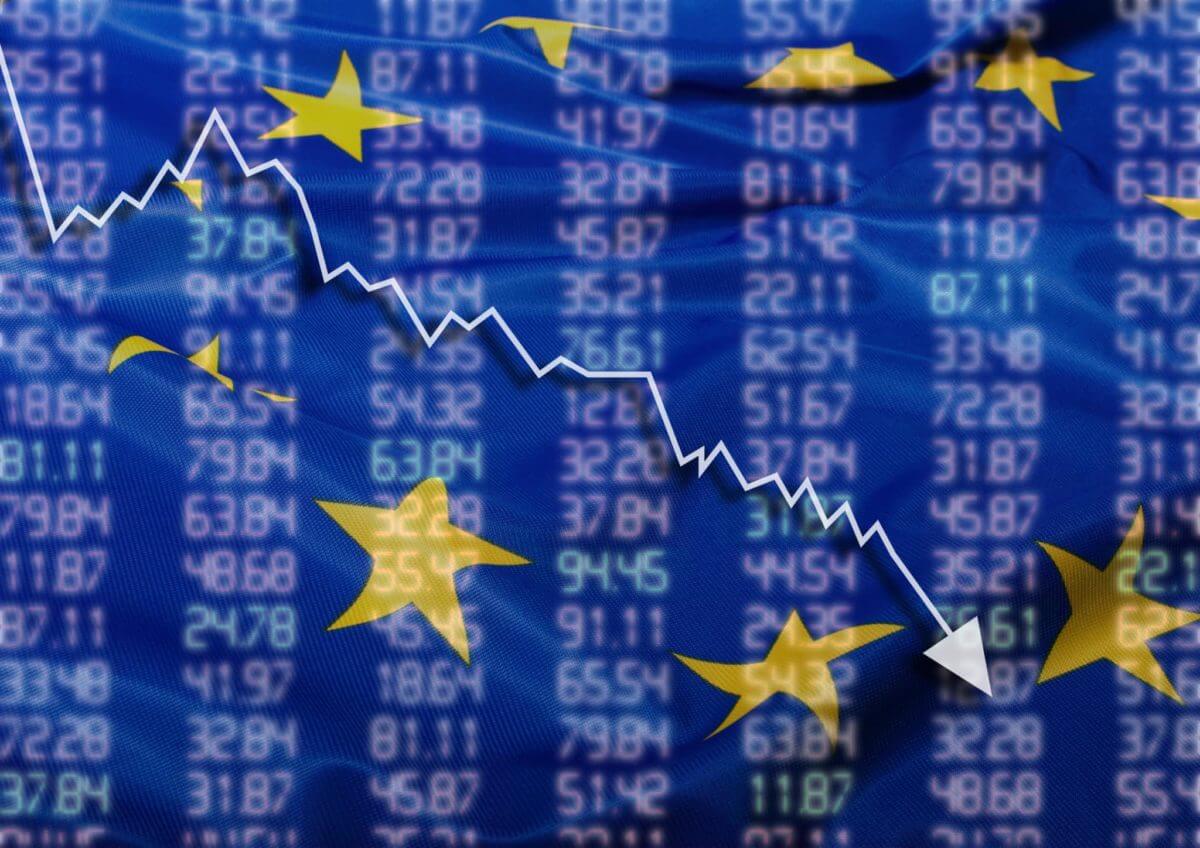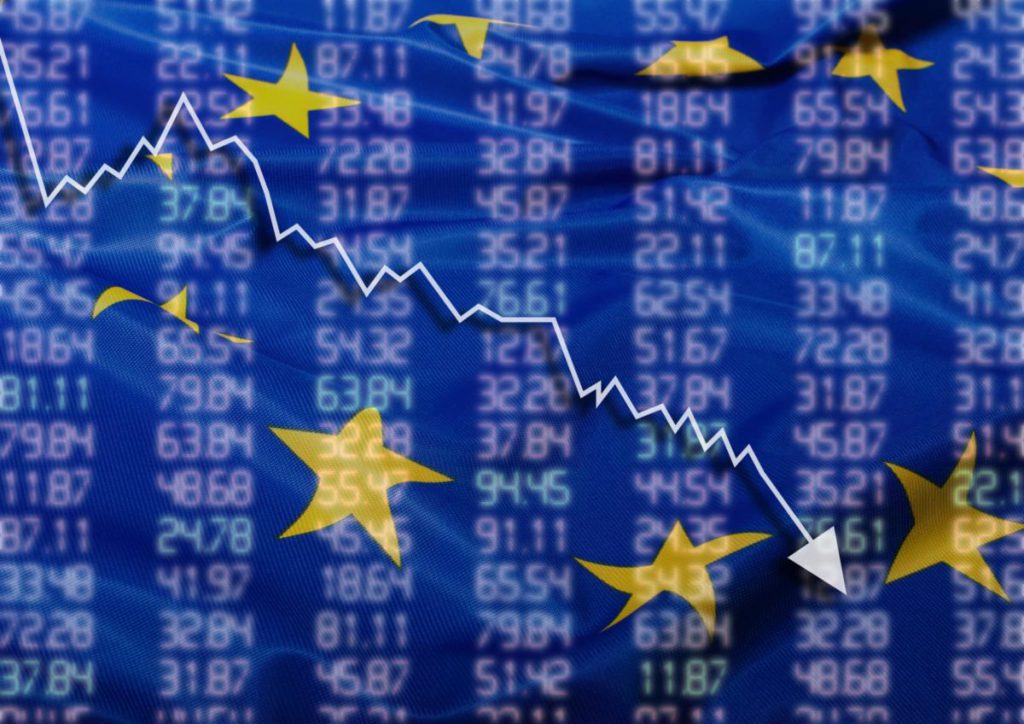
Lawyers warn EU against labeling gas
ClientEarth, an environmental law firm has cautioned the European Union that labeling investments in gas-fired electricity as “green” in impending financial legislation would violate its laws.
ClientEarth said that classifying Gas as environmentally friendly would violate other laws, including the EU’s legally binding target to reduce net greenhouse gas emissions by at least 55 percent from 1990 levels by 2030 and zero by 2050. The EU is nearing completion of the climate element of its sustainable finance taxonomy, a first-of-its-kind rule aimed at diverting private capital away from damaging economic activity and toward those deemed ecologically acceptable by the EU.
The European Commission is scheduled to judge whether natural Gas and nuclear energy will be labeled as green investments under the climate taxonomy in the coming months. The majority of which it proposed regulations for earlier this year. If accepted, it is expected to raise investments in natural gas-related industries. It would directly conflict with the European Commission’s pledges made at both the international and EU levels.
A European Commission spokesperson stated that the letter had been received and that a response would be provided “in due time. ClientEarth claimed that legislation supporting gas funding would divert funds that may otherwise be spent on renewable energy. The taxonomy would not prevent investors from investing in gas projects. However, it would prohibit them from labeling such investments as “sustainable.
The carbon emission
Gas also fails to meet a significant tenet of the taxonomy regulation, which states that to be considered climate-friendly. Investments must “help considerably to the stabilization of greenhouse gas emissions at a level that precludes anthropogenic severe climate change.
While Gas is less harmful than coal, it still emits carbon dioxide when burned and releases significant methane emissions. Both of these must be drastically decreased to fulfill the Paris climate targets.
HOWEVER, some EU countries consider Gas a transition fuel. They believe it should be included in the taxonomy to fund investments to help them phase out coal-fired energy. The disagreement has fueled intense lobbying by governments. Forcing the Commission to postpone its judgment on Gas for nearly a year. Tensions have risen further in recent weeks as European gas prices have reached all-time highs. Causing some countries to advocate for a speedier transition away from fossil fuels to limit vulnerability to fluctuating pricing.
Oil falls for 2nd session
Oil prices fell for a second session on Thursday, weighed down by an unexpected increase in US oil stockpiles, which stoked concerns about demand after prices had risen to multi-year highs.
By 0649 GMT, US crude was down 0.67 percent, or 52 cents, to $76.91 per barrel. Rising to $79.78 on Wednesday, the highest since November 2014. Brent crude dropped 0.1 percent, or 8 cents, to $81.00 a barrel. Global oil prices have increased by more than 50% this year. Adding to inflationary pressures that may hinder recovery from the COVID-19 pandemic and harm consumer demand. The Organization of the Petroleum Exporting Countries and their Allies (OPEC+) stated that it would keep to its agreement to gradually boost the oil supply, driving crude prices to multi-year highs.


